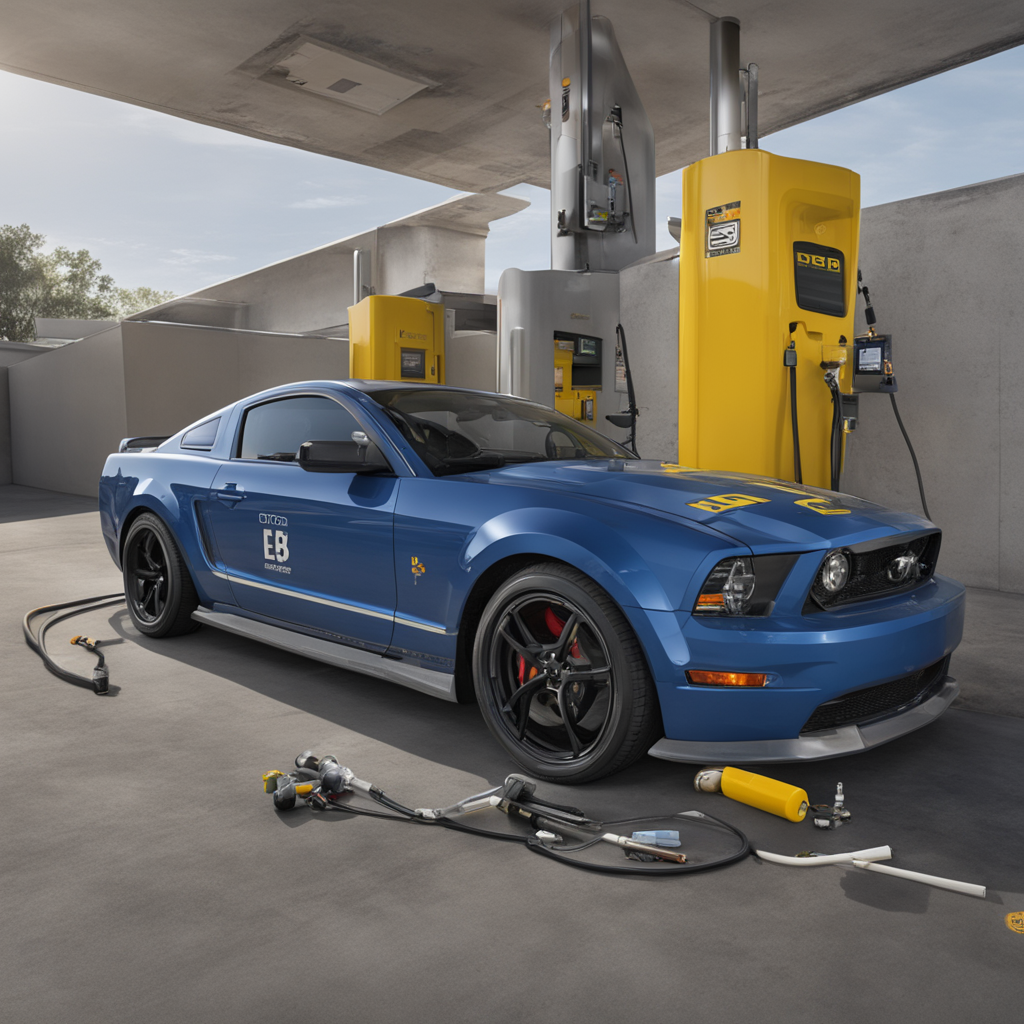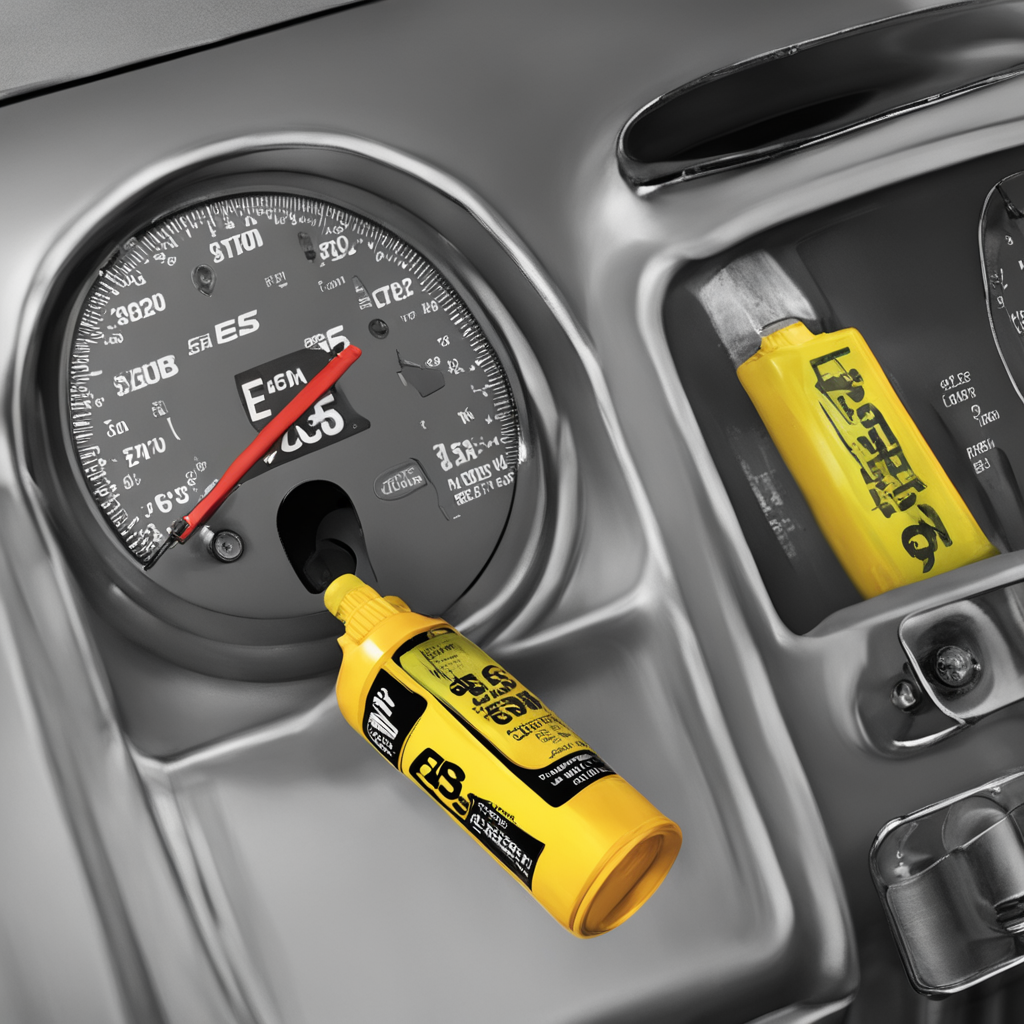Exploring the Possibility of Running Ethanol-Rich Fuel in Your Ford Mustang GT
In this article, we’ll delve into the world of high-performance fuel and explore whether it’s possible to run E85 in your Ford Mustang GT. We’ll cover the basics of E85 fuel, its benefits and drawback …
In this article, we’ll delve into the world of high-performance fuel and explore whether it’s possible to run E85 in your Ford Mustang GT. We’ll cover the basics of E85 fuel, its benefits and drawbacks, and provide a thorough analysis of what you can expect when using it in your muscle car.

Introduction
When it comes to performance cars, many enthusiasts are always looking for ways to squeeze out every last bit of power and efficiency from their vehicles. One popular topic of debate is the use of E85 fuel in high-performance vehicles like the Ford Mustang GT. In this article, we’ll explore the possibilities and limitations of running E85 in your Mustang GT.
What Is E85 Fuel?
E85 is a type of ethanol-rich fuel that contains 15-85% ethanol (a biofuel derived from corn or other plant materials) mixed with gasoline. The most common blend is E10, which has 10% ethanol and 90% gasoline. However, some vehicles can run on higher blends like E20, E30, and E85. These fuels have several key differences compared to traditional gasoline:
- Higher octane rating (typically RON 108-112)
- Lower energy density (approximately 25-35% less than gasoline)
- Different combustion characteristics
Pros of Running E85 in Your Mustang GT
- Increased Octane Rating: E85 has a higher octane rating than regular gasoline, which can help to reduce engine knocking and pinging.
- Improved Fuel Efficiency: Ethanol is generally more energy-dense than gasoline, resulting in slightly better fuel economy (around 1-3% increase).
- Reduced Carbon Footprint: E85 is a biofuel, making it a cleaner-burning option with lower CO2 emissions compared to traditional gasoline.

Cons of Running E85 in Your Mustang GT
- Limited Availability: E85 fuel is not as widely available as regular gasoline and may require special handling or storage.
- Potential Fuel Line Issues: The different chemical composition of E85 can cause corrosion, clogging, or damage to fuel lines and components over time.
- Engine Modifications Required: Some vehicles may require engine modifications (e.g., intake manifold, fuel injectors) to handle the unique properties of E85.
- Power Loss Potential: The lower energy density of E85 could result in a slight power loss compared to running on gasoline.
Can I Put E85 in My Mustang GT?
The answer is a qualified “yes.” The Ford Mustang GT can technically run on E85 fuel, but it’s crucial to consider the following factors:
- Engine Type: The 5.0L Coyote V8 engine found in your Mustang GT was designed for gasoline and may not be optimized for E85.
- Fuel System Modifications: You’ll likely need to modify the fuel system (intake manifold, fuel injectors) to handle the unique properties of E85.
- Availability of E85 Fuel: Ensure that there is a reliable source of E85 fuel in your area before making the switch.
Conclusion
While it’s technically possible to run E85 in your Ford Mustang GT, it’s essential to consider the pros and cons, potential modifications required, and availability of the fuel. As with any high-performance modification, consult with a qualified mechanic or experienced enthusiast before making changes to ensure optimal performance and reliability. Whether you decide to stick with gasoline or explore the world of E85, remember that your Mustang GT is capable of producing incredible power and handling impressive acceleration – regardless of the fuel choice!

